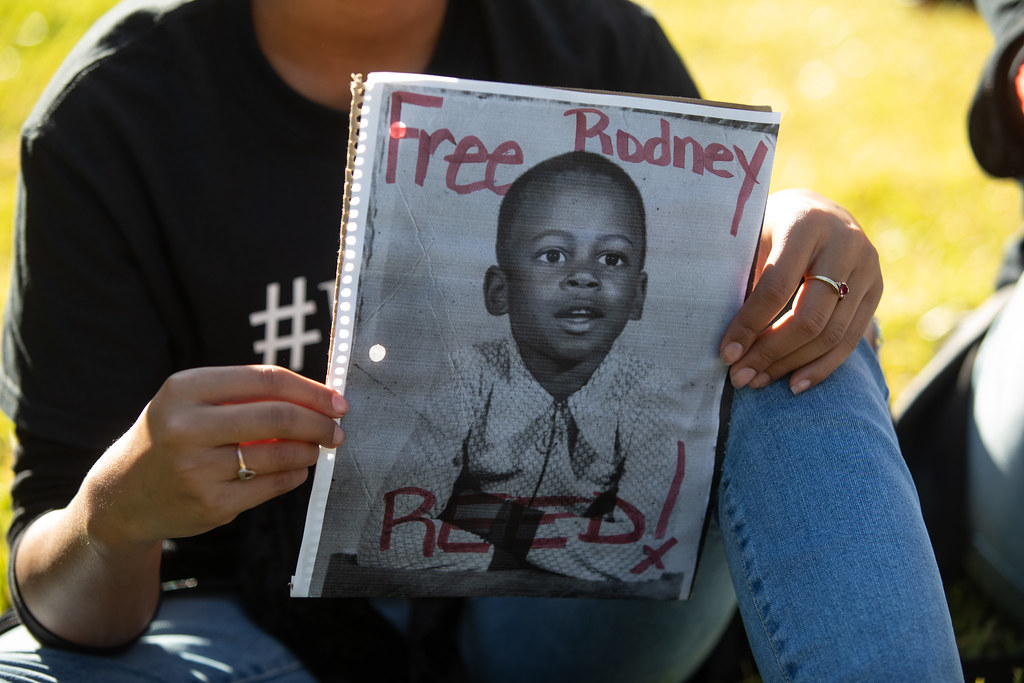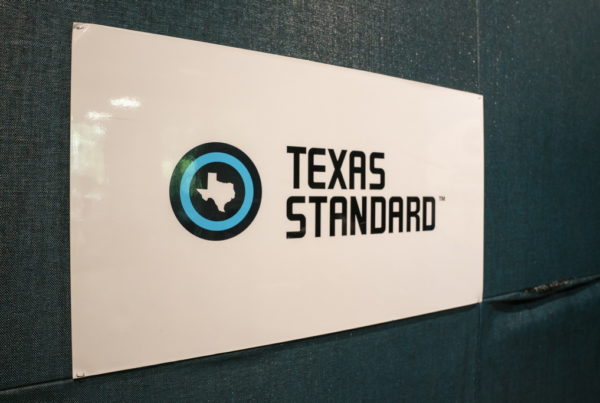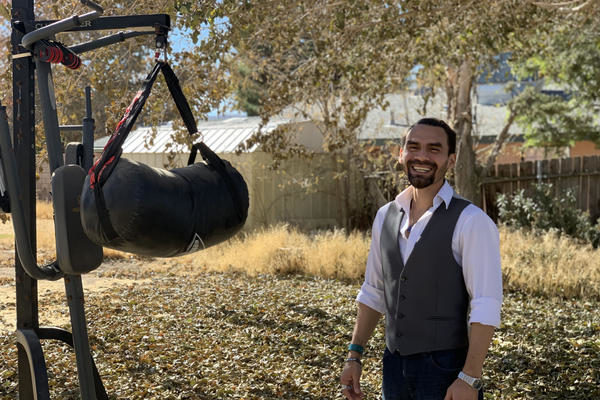Despite being the state that conducts the most executions in the nation, Texas is actually using the death penalty less these days. The state executed nine inmates in 2019 compared to 13 the year before. And juries last year rejected the use of the death penalty in about half of the capital punishment cases that went to trial.
Kristin Houlé is executive director of the advocacy group the Texas Coalition to Abolish the Death Penalty. She says the trend goes back to 2005 when Texas started using life in prison without parole as a sentencing option in capital murder cases.
“It’s a way of holding those who commit heinous crimes accountable for their actions without resorting to the ultimate and irreversible punishment of the death penalty,” Houlé says.
Prosecutors are deciding, more and more, not to seek the death penalty. Jurors are changing, too. Houlé says they tend to question execution as a suitable punishment, usually during deliberation when they’re asked to determine a defendant’s future behavior.
“Jurors are also increasingly skeptical of this whole ‘future dangerousness’ question,” Houlé says. “It’s been undermined through research.”
She says jurors are likely spooked by recent cases in which a defendant was wrongfully convicted and sentenced to death.
What’s more, scheduled executions have been stalled or canceled.
“This year, fewer than half the executions that were scheduled actually were carried out,” Houlé says. “We’ve had a number of cases that were stayed by state and/or federal courts.”
Rodney Reed is one well-known example.
But Texas also went ahead with other executions that Houlé says were questionable.
“We still see a very, kind of, arbitrary system of justice,” she says.
Written by Caroline Covington.













